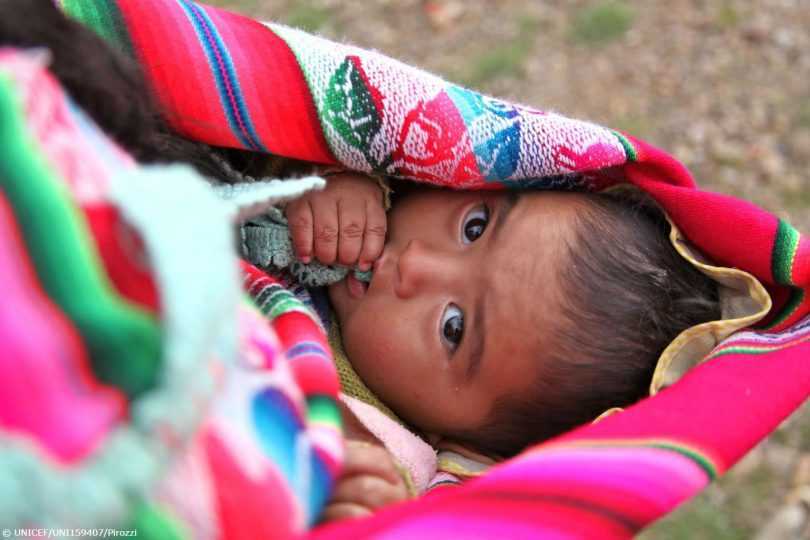World Pneumonia day: Today on 12th November various workshops around the globe are conducted to spread awareness against this deadly disease. Not just kids but even adults can’t escape from this deadly diseases. Pneumonia is one of the leading cause causing high mortality rate for children under 5 years of age. As per the latest data from the UNICEF, pneumonia kills around 2,500 children a day. In 2015, pneumonia killed 920,136 accounting for 16 % deaths of children under five years old. Pneumococcal pneumonia’ caused by Streptococcus pneumoniae bacteria are responsible for about one-third of all pneumonia deaths globally as well as in India.
Pneumonia is an inflammatory condition of the lung affecting primarily the alveoli (small air sacs). India as recently includes PCV (Pneumococcal Conjugate Vaccine) in the universal immunization program. more than 120 countries across the globe included PCV in their countries immunization programmes. Under universal immunization program, PCV has introduced to cover around 21 lah children at the end of 2018.
Pneumonia in adults is also a matter of concern. Especially people living in rural and in poor communities are prone to pneumonia. Major symptoms of Pneumonia are chills, shortness of breath, flat chest, chest pains during deep breaths and in elderly confusion is one of the most prominent symptoms.
Types of Pneumonia
Pneumonia is caused by the infection of viruses, bacteria, and fungi. The major types of pneumonia are:
- Bacterial pneumonia
- Viral pneumonia
- Mycoplasma pneumonia
- Fungal pneumonia
- Aspiration pneumonia
Symptoms of Pneumonia
- Fever
- Sweating, and chills
- Coughing
- Problem with breath
- Chest pain
- Loss of appetite
- Fast heartbeat
- Nausea
- Diarrhoea and vomiting
- Fatigue
Treatment for Pneumonia
- taking your medicine as prescribed
- take a lot of rest
- drinking plenty of water
- track your body temperature
If your symptoms are very severe you may need to be hospitalized and track of your heart rate, temperature, and breathing
- Intravenous antibiotics injection
- Respiratory therapy
- Oxygen therapy
It is important to be careful and consult a physician or your family doctor when you notice symptoms. Since ignorance can trouble your life and your family.


Leave a Comment